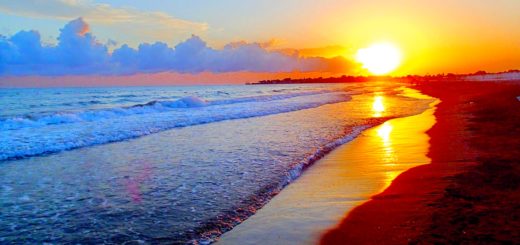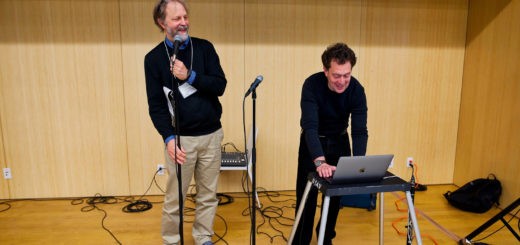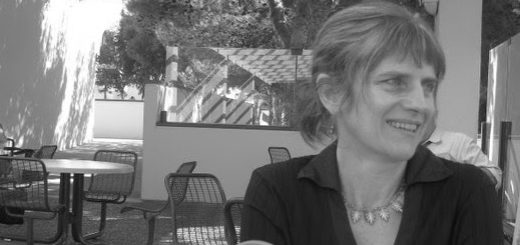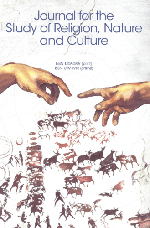Conference Aftermath and Future Plans
Dear ISSRNC friends and colleagues,
Conference aftermath:
Let’s begin with some thank you’s.
First of all I want to thank everyone who was able to physically or virtually attend our Cork conference last month! The presentations offered up the latest research, multiple perspectives, and interdisciplinary insights we’ve all come to expect at an ISSRNC conference. Thank you all for your contributions. The conference was also featured in a Religion New Service article here.
What brought me to Ireland’s second city was “Religion, Water and Climate Change,” the title of this year’s get-together of the International Society for the Study of Religion, Nature, and Culture. Since its founding 13 years ago, the ISSRNC has never been more relevant.
And to those of you who participated without presenting – based on the conversations and interchanges I heard – you helped create the kind of atmosphere that travels home with us and makes our work, our scholarship, exciting. I was especially happy to meet a number of you who were attending an ISSRNC conference for the first time. I’m glad we were able to provide, as one of you noted, “a whole smorgasbord” of new things to think about.
Next, many thousand thanks to the organizing committee and to the staff at University College Cork who pulled off a wonderful banquet, poured the wine at the reception, and got the coffee to us — despite any number of arcane university restrictions. I’d like to repeat special thanks to Kelsey Ryan-Simkins and Dr. Chris Crews who put the program together and kept it updated despite more than a few last minute cancellations, late sign ups, and special requests. And of course we cannot thank Dr. Jenny Butler enough for her tireless attention to detail and her astonishing facility managing all of the problems, no matter how big or small, that pop up when staging a conference. Grazie!
What’s next?
November’s American Academy of Religion meetings in San Diego:
The ISSRNC will once again be holding a late afternoon or evening panel session on Friday night to highlight a member’s recent work. We’ve invited Sarah McFarland Taylor (author of Ecopiety) and Dan McKanan (author of Eco-Alchemy) to present their latest publications. Robin Veldman is scheduled to provide a response and everyone is invited to the conversation that inevitably follows. Stay tuned for further details.
The next conference:
The next conference is set to be held in North America. The board is still considering options. If you have some good contacts and a possible site+partners, please drop me or any of the board members an email and let us know. We have some good leads but nothing is settled yet.
We are also interested and beginning to look for partners for the following conference, one we plan to hold in Europe or Asia. Again, if you have some thoughts about likely partners and locations, please contact anyone on the board and let us know.
Keep the conversation going:
Keep an eye on the website over the summer. We are planning a forum on the future of the field and the Working Groups are available for those of you wishing to start projects. More details as the Northern Hemispheric summer rolls on. Please also consider submitting your conference paper to the JSRNC for publication.
A concluding, unscientific, Post-script:
I’d like to share some thoughts I expressed at the Cork conference banquet. This summarizes my position on the ISSRNC’s mission.
My experience at this conference – and at all our conferences – confirmed for me Plato’s subtle comment in the Phaedrus to the effect that “philosophy is conversation with your friends.” “Philosophy” here simply means the love of wisdom which, I trust, all of us try to embrace in our scholarship – but the subtler part has to do with “conversation.” Conversation seems an easy enough thing to accomplish but, in Greek, the word is dialectic and that begins to suggest a more penetrating way to understand what Plato means when he says “conversation with your friends.”
Conversation does not require that we agree with each other, but it does require us to remain committed to the conversation as a path toward greater understanding. We must also commit to conversation as a door that opens us up from our own certainties to the wonder that gives us, as Aristotle says, access to the arche, to the architecture of the cosmos. Testing out our ideas with each other requires friendship because understanding only advances when we are able to confront challenges to our own thinking, challenges that sharpen our methods and expose our deficiencies. And, honestly, we’re only going to be willing to listen to that sort of thing when it comes from our friends.
If you’ll allow me to stay inside this Platonic metaphor, it’s always useful to remember that in the Republic, Socrates dispatched an arrogant and self-certain Thrasymachus in about six pages and then spent the following 300 pages answering the friendlier, and more direct, questions of Adeimantus and Glaucon. Thrasymachus, in whatever form he appears, has always been the enemy of understanding.
Our disciplines share some methodologies but not all, and discipline expertise is important. But without interaction, without conversation across disciplines, they can become silos – and then bunkers. The ISSRNC has always been a place where these conversations spark wonder and – this is eminently un-philosophical for a philosopher to say – the joy that belongs, properly, to good scholarship.
Again, based on more than a decade of experience now, my sense is that this is the greatest strength, and benefit, the ISSRNC offers us: the chance for good conversations with our friends.
On behalf of the ISSRNC board, our very best wishes,
Mark
Mark Peterson, PhD
ISSRNC President












